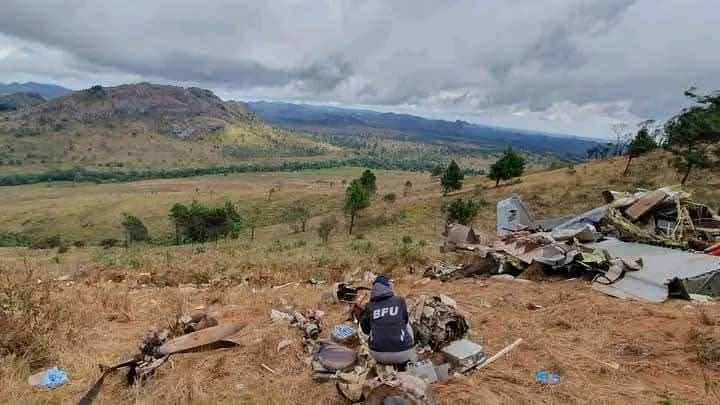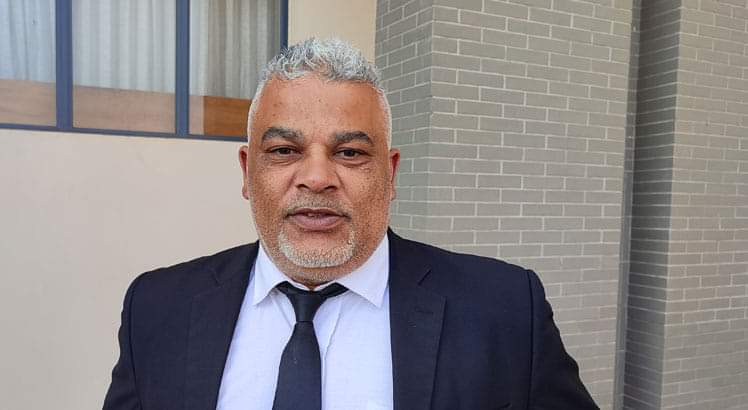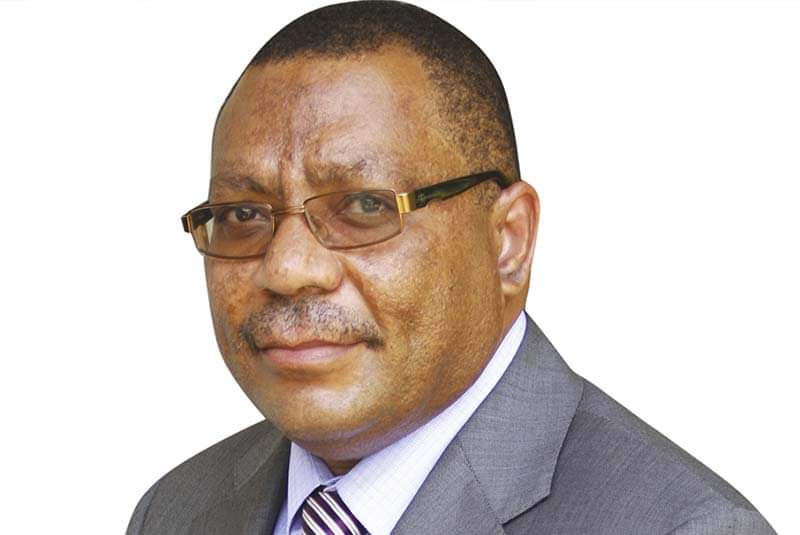The tragic crash that claimed the life of Vice President Saulos Chilima continues to send shockwaves across the nation.
This comes as the interim accident investigation report is released and many are left with more questions than answers.
Despite initial hopes for clarity, the findings reveal deep seated issues in aviation safety and oversight fueling public anger and political tension.
Reads report in part: “On the day of the crash, adverse weather played a critical role.”
The report confirms that the aircraft was navigating through low visibility and unpredictable conditions.
“While the flight was reportedly rerouted due to poor weather, it remains unclear whether an adequate risk assessment was conducted before takeoff.”
It added that the aircraft, operated by the Malawi Defence Force, was an older model with limited modern safety features.
“Though the crew was reportedly experienced, questions are being raised about whether they had adequate tools and support to safely complete the mission under difficult weather conditions.
“One of the most alarming revelations is the absence of flight data or cockpit voice recorders commonly known as “black boxes.”
Report further added that this critical equipment could have provided key insights into the final moments of the flight, but the aircraft was not equipped with either.
Again report said investigators have been left to piece together events from incomplete data.
The report highlights a critical failure in air traffic control and communication systems.
“Radar coverage was insufficient, particularly at the low altitude the aircraft was flying. Even more troubling, no recordings exist of the communications between the flight crew and controllers at Lilongwe and Mzuzu Airports.
“The aircraft’s Emergency Locator Transmitter (ELT) which could have helped search and rescue teams locate the crash site quickly had not been operational since 2004 due to an expired battery,” reads report in part.
The report said that the Malawi Air Force admitted that no spare parts were available, and there was no budget for acquiring new devices.
Investigators from the German BFU expressed serious concerns over safety oversight and maintenance practices in Malawi’s aviation sector.
“While the aircraft was under military operation, its safety systems were outdated or non functional.”
The report calls for urgent reforms in military and civil aviation maintenance and monitoring.
As the nation grapples with its loss, the interim report leaves the door open for further investigations but many fear it may be too little, too late.
With trust in institutions faltering, Malawians are demanding not only technical answers, but accountability, transparency, and justice for a tragedy that may have been preventable.





